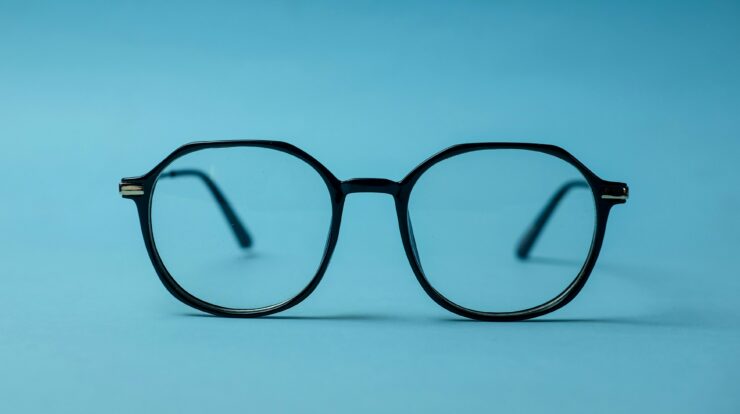
Times have changed drastically. The integration of technology in doing our daily tasks has improved our lifestyle from controlling the appliances in our home to helping us stay connected to loved ones living miles away. Although all the sectors of the economy benefit from technology, there is one sector that has made record growth and improvement. That is the health care sector.
Together technology and data have joint hands to create a better world for us in healthcare. Hence, data analytics has become an essential part of our healthcare systems.
Here are the seven ways through which data analytics is impacting and improving our healthcare systems:
1. Better Tracking Of Patient Records
Time is of the utmost essence in the healthcare industry. Sometimes, seconds are what keep an injury or ailment from becoming fatal. Through data analytics, you can quickly track patient records, and potential complications or issues can be dealt with before they prove to be too problematic. Many diseases can be detected sooner to avoid any complications. Furthermore, data like this can also help doctors advise their patients to prevent some ailments that affect them.
2. Elimination Of Medical Errors And Mistakes
Incorrect data can often lead to grave medical mistakes. Patients have lost their lives due to incorrectly updated medical charts, missing allergy, and indications. By making sure that health care data is stored and shared with medical professionals promptly. That will ensure correct treatment for patients according to their medical conditions. Data empowers healthcare professionals to use it in hand to create better treatment options for their patients. While data analytics cannot account for 100% accuracy in healthcare, it can go a long way towards making that goal seem plausible
3. Tracking Patients In Real-Time To Provide Solutions On The Go
Data analytics can provide more effective solutions to patients on the go. People often let their health issues take a backseat to their busy schedules. With apps like fitness trackers, you can track patient’s health records continuously. Technology enables the sharing of data with physicians who can then schedule appointments with patients. That way, a person can share his health insights with his healthcare practitioner without actively keeping in touch with them.
4. Prevention Of Fraud
It’s a sad reality, but the healthcare industry is fraught with fraudulent claims by hospitals and patients. By linking the data of a healthcare facility to public data, one can prevent fraudulent activities. Patients can use this data to avoid unnecessary treatments or other claims that show up in their billing. Patient demographics and patterns are conducive to analyzing patient complaints. Information is also a boon for the insurance industry as it can help reduce the number of personal injury cases. With patient data on record, patients can no longer lie about their medical issues or exaggerate them.
5. Assistance In Finding Cures For Certain Ailments
The world of healthcare is very tricky. We have seen how drugs that can prove to be miracle cures for some patients can go on to affect others hardly. The mystery of the human body is all packed into our genomes. However, studying different human genomes is an arduous, time-consuming task. That is where big data comes in to help. Analyzing data can help find hidden correlations and insights into large populations with similar traits. That way, scientists and healthcare practitioners can find treatments and drugs based on their patients’ characteristics.
6. Improving Patient Health
One of the main issues in the current healthcare industry is the difference in care given to different people. Minority populations have reported a lack of medical attention healthcare practitioners. An informed data approach is the best way to improve the health and wellbeing of such societies. Data can help provide valuable insights into the ways symptoms of common ailments manifest themselves differently in specific communities. Doctors can then use this data to treat such populations effectively.
7. Making Hospitals More Efficient
Anyone who’s ever visited a hospital knows how chaotic those places can be. With so much leg work involved, it often gets hard to be on top of everything. Data analytics can help hospitals create command centers where information can be stored and communicated to the relevant parties in a timely, efficient manner. Additionally, algorithms take existing knowledge and churn out personalized treatment for patients.
Conclusion
The applications of data analysis to healthcare are vast. We have only uncovered the tip of the iceberg for now, as doctors and scientists are discovering how data analytics can save more lives. Hopefully, with the help of the benefits of data analytics, you can surely think about opting for a career in the health care sector and contribute towards your society. Since in times like COVID-19, we all can benefit from great medical practitioners who can save the lives of affected patients globally and help the community.


